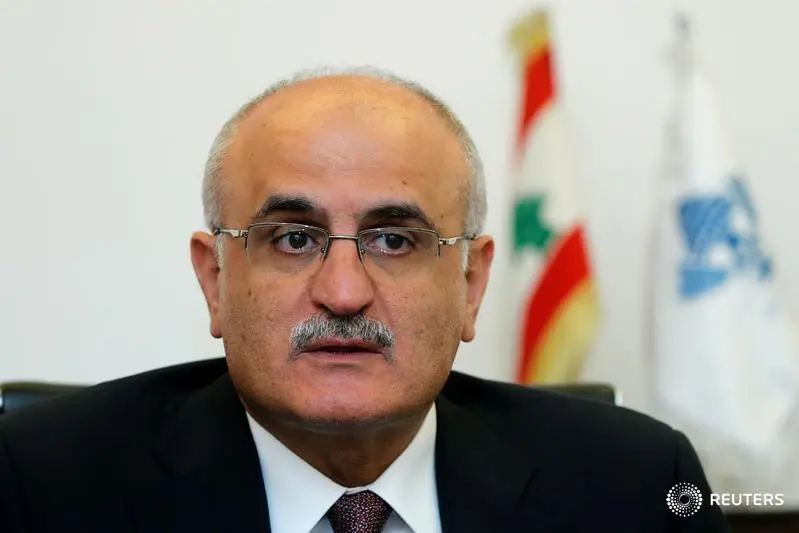PHOTO
Lebanon is committed to economic reforms and will overcome its crisis, the finance minister said on Friday after Fitch downgraded the country's credit rating to CCC while S&P kept it at B-/B.
Minister Ali Hassan Khalil said the ratings reports showed the urgency for reform, which the government has long put off. "There should be no slacking for a single moment," he told Reuters.
Lebanon is grappling with one of the world's heaviest public debt burdens at 150% of GDP and years of low economic growth. Government finances, riddled with corruption and waste, are strained by a bloated public sector, debt-servicing costs and subsidising the state-power producer.
Lebanese leaders have warned of financial crisis without changes. The impetus to enact reforms has grown with the slowdown of deposits into its banking sector, a critical source of finance for the state.
The government is now trying to put public finances on a more sustainable path with a deficit cut in the 2019 budget and a plan to fix the state-run power sector, which bleeds funds while inflicting daily power cuts on Lebanese.
Fitch said on Friday its downgrade of the country's credit rating to CCC from B- reflected "intensifying pressure on Lebanon's financing model and increasing risks to the government's debt servicing capacity."
Lebanon requires substantial capital inflows to fund its large twin budget and current account deficits, it added.
"We will deal responsibly with the reports," Khalil said. "We are confident we will be able to get out of the crisis."
S&P Global affirmed Lebanon's credit rating at B-/B and said the outlook remains negative. It considers Lebanon's foreign exchange reserves sufficient to service government debt in the "near term".
The report said it expects Lebanon to make progress on reforms to improve investor confidence given the weakness of foreign currency inflows. However it said it too could lower its rating in the coming 6-12 months if banks deposits and central bank foreign exchange reserves continue to fall.
"Continued weakness in foreign currency inflows and the use of [the central bank's foreign exchange] reserves to meet government debt-service could test the country's ability to maintain the currency peg," the report said.
The Lebanese pound is pegged to the dollar.
Moody's downgraded Lebanon's rating to Caa1 in January.
Markets have been pricing in the risk of a sovereign credit rating downgrade in recent days.
Friday's downgrade would have no "material impact" on investor holdings of Lebanon's bonds as the debt was already rated non-investment grade, said Jan Dehn, head of research at emerging markets investment manager Ashmore Group. "The government has done more on the reform side than many Lebanese governments in the past."
Economists have questioned whether the government's efforts were enough to meet its goals. The IMF said last month the deficit would likely be well above the government's target of 7.6% of national output. In 2018, it was over 11%.
Nassib Ghobril, chief economist at Byblos Bank, said the current situation should be a "wake-up call" for politicians to form a credible plan that would result in an investment grade rating.
Ghobril said cutting the deficit was a good step, but the government must do more to trim expenditures instead of "the easy way out" by raising taxes and fees. "They have to restructure the public sector; they have to fight tax and customs evasion, not in words but in actions."
(Reporting by Ellen Francis and Laila Bassam in Beirut, Additional reporting by Tom Arnold in London and Lisa Barrington in Beirut, Editing by Chris Reese and Cynthia Osterman)





















